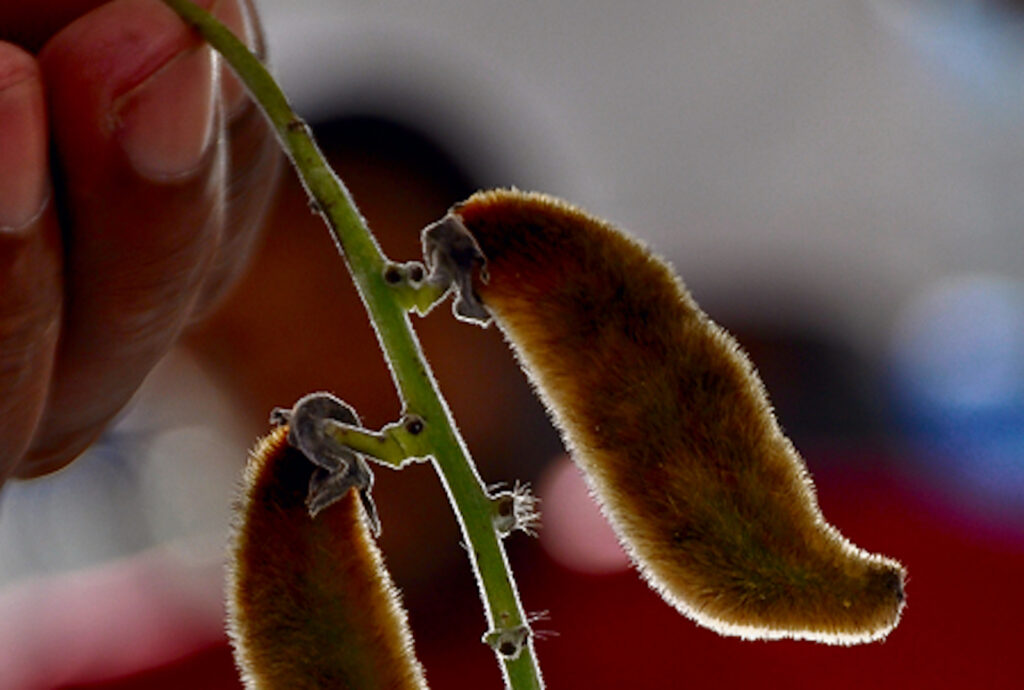Government Abandons Plan to Penalize Landowners for Cow-itch Vines on Properties: Attorney General Reveals Details

July 24, 2024
Government abandons plan to penalize landowners for cow-itch vines after consultations with officials and farmers. Proposed amendments to Health Services Act aim to address overgrown lands and associated costs.
Government’s plan to penalise landowners for having the highly irritating cow-itch vines on their properties has been abandoned following consultations with agricultural officials and farmers, Attorney General Dale Marshall has revealed.
The disclosure came as he introduced proposed amendments to the Health Services Act that would impose penalties on the land tax bills of property owners who allow bush and grass to overtake their lands. In addition, if the government is forced to clear the land to preserve the health of citizens, that cost, too, will be added to the owner’s land tax bill.
The government’s chief legal advisor said the plan was to outlaw cow-itch and penalise those who had the vines on their properties. He noted that farmlands were the main sources of cow-itch plants, whose pods cause severe itching and skin irritation.
But he said the planned approach proved to be unrealistic after it was discovered that “it was virtually impossible to destroy cow-itch seeds”.
Marshall informed the House that following discussions with farmers and experts, it was noted that when the island had much greater acreages of sugar cane under cultivation, cow-itch was less of an issue than it is now.
He explained that mechanical harvesting of canes had also exacerbated the problem by spreading the cow-itch pods through the machines’ blowers. According to the advice of agricultural specialists, cow-itch seeds are usually buried in the ground waiting for the right conditions to sprout, and therefore, it could take up to seven years of manual removal of the vines to eliminate the seeds.
He stressed that under these circumstances, it would be unfair to impose a penalty on farmers for having cow-itch on their properties. Marshall said the most that could be done at this stage is to try to manage the problem. (IMC1)


